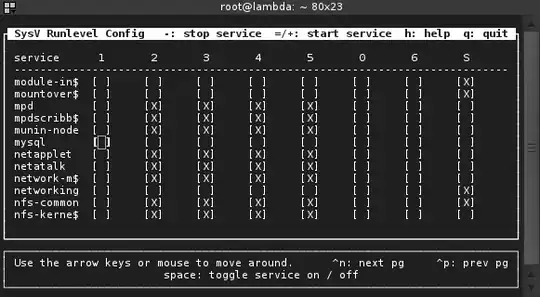How can I issue apt upgrades without automatically stopping/starting daemons? I'd like to manually restart services.
To cite a specific example:
I'll revisit a long-running machine and run sudo apt-get update && time sudo apt-get dist-upgrade. This is a very straight-forward means of seeing all available upgrades, followed by a simple Enter keypress to get the systems fully patched.
If I see postgresql-9.1 in the upgrade list, I abort the upgrade. In that case, apt would stop the service early in the process, apply several non-critical operations, then restart the service much later. A routine upgrade could cause minutes of downtime.
I'd like to say "yes" to the upgrade to get all patches applied, then manually restart the service at a convenient time.

